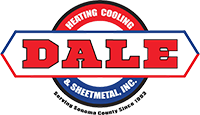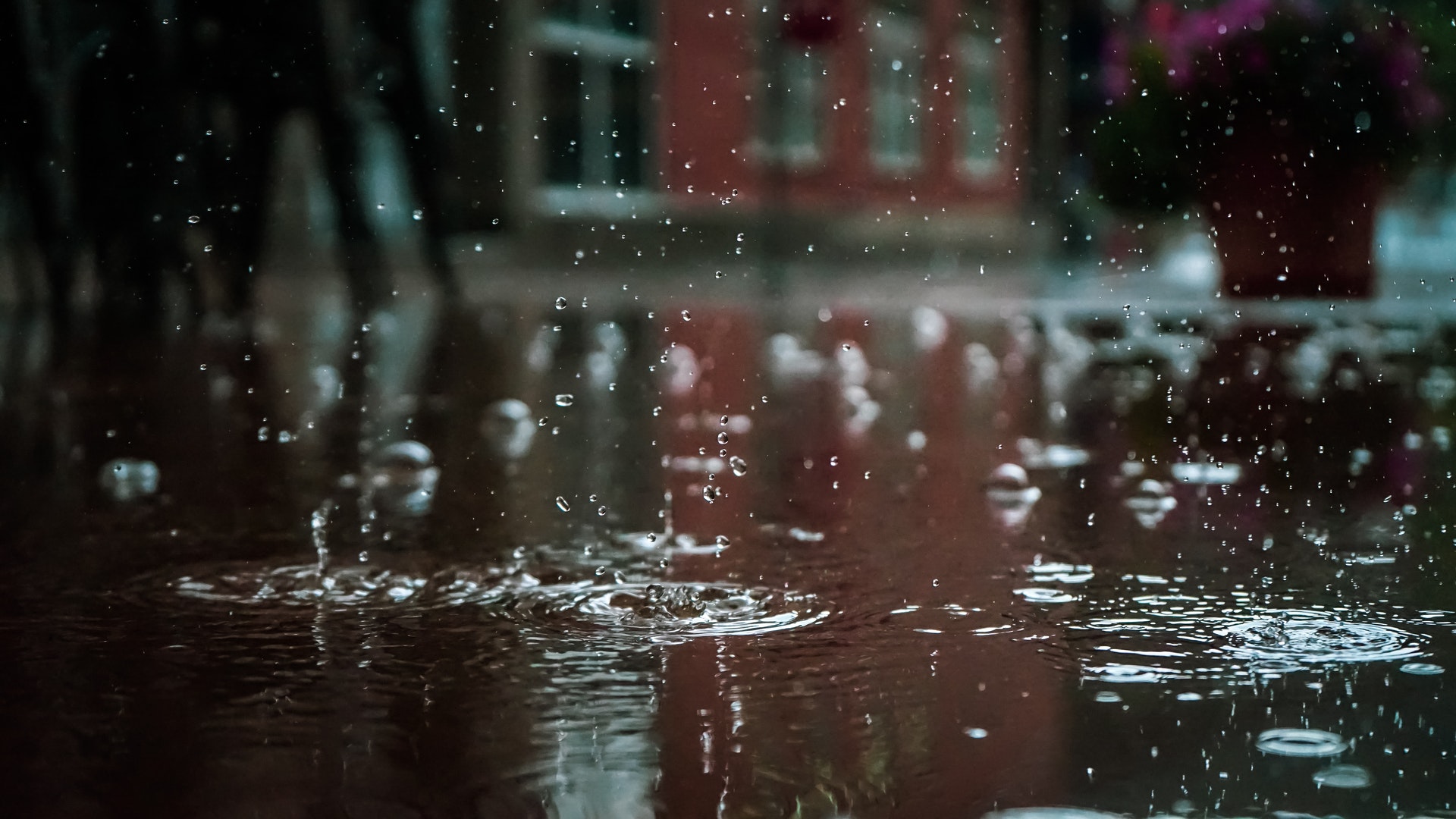While some areas of the country get snow in winter, here in Sonoma County we get rain. Sometimes significant rainfall over the course of months.
During these months, most homeowners move furniture and other outdoor equipment inside for protection from the rain.
However, with an outdoor AC unit, that’s not possible.
What, if any, are the long-term effects of rain on your HVAC system?
Rainy Conditions
While summer months in Sonoma County are lush and beautiful thanks in part to all the rain we get from about October through May, can it be good for an outdoor AC unit to be exposed to rain for all those months?
The good news is that the AC unit, or outdoor part of your HVAC system, is waterproof and built to handle rain. Even months of it.
The working parts are enclosed and even the open vents and grills with exposed fans are manufactured with water-resistant materials to protect the AC system from the effects of lots of rain.
Benefits of Rain
There are actually some benefits of rain for your AC unit.
During periods of light rain or showers, the rain acts as a cleansing or rinsing agent, gently washing away debris, pollen, dust and dirt that tends to collect inside the unit and hide in the system’s coils.
Because the rain flushes through the system, it tends to keep the system clear from clogs. The rain also does a nice job of keeping the entire unit clean without you ever having to do a thing.
Typically when it rains, temperatures outside cool down. Because there’s no need to run the AC unit on a cooler day, it conserves energy and saves on wear and tear.
Disadvantages of Rainstorms
While a light gentle rain can be beneficial to your AC unit, storms are another story.
When the wind is strong and rain is heavy during a storm, it’s possible for tree limbs, branches and other debris to hit the AC unit, which may cause significant damage. It’s also possible for airborne debris like leaves and twigs to get stuck in the condenser fan grill.
While hard-hitting rain doesn’t cause damage to the AC unit, it’s what comes along with the storm such as high winds, hail, lightening or flying debris that pose the biggest threat to the safety and proper functioning of your outdoor unit.
Using a Cover
While outdoor AC units are extremely durable and built to withstand rain and storms, would covering the unit during rainy season offer more protection?
In most cases, the answer is no. Unless you use a cover that gives the unit proper air circulation and venting, it may cause more harm than good.
Covering your outdoor AC unit can create excess moisture or condensation and when trapped under the cover, causes metal parts to rust.
Another downside of trapped moisture and condensation is the high probability of mold growing inside the unit.
Consult with a local HVAC professional to find out more about outdoor HVAC unit covers and proper ventilation.
A Professional Inspection
If there’s been a bad storm and you suspect your AC unit might have been hit or damaged in some other way, call your local HVAC company for a thorough inspection.
If there’s obvious or suspected damage, call for an inspection before running the unit to avoid causing more severe or permanent damage, or pose other safety risks for you or your family.
Conclusion
The good news is that your outdoor AC unit is built to weather the rainstorms that Mother Nature brings.
But when gentle rains turn to severe storms and your AC unit has been damaged, call the trusted, local HVAC experts at Dale HCS for a complete inspection.
In Sonoma County, Dale HCS is the one to call to get back up and running fast.

